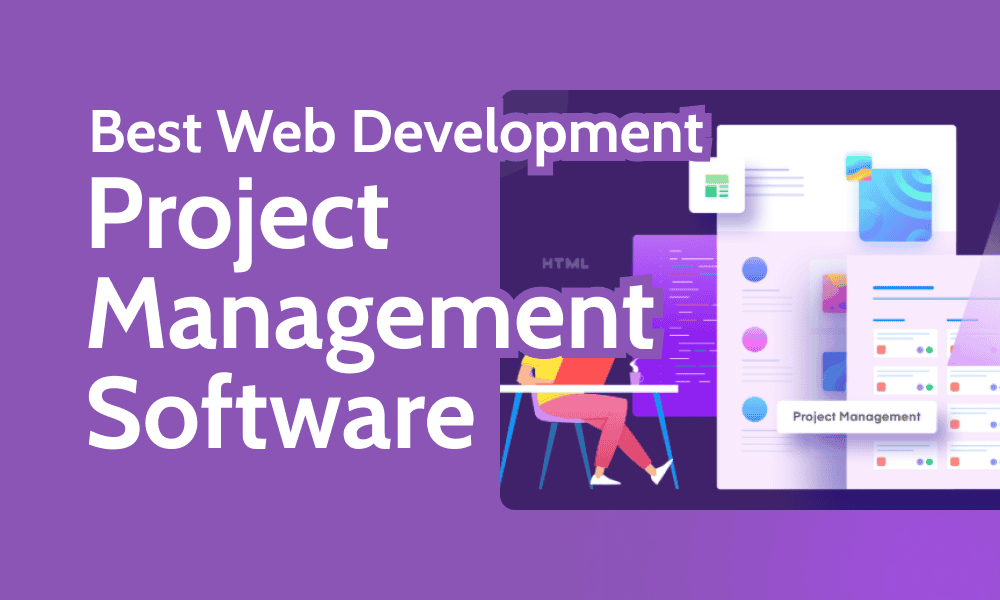By Yakov Filippenko
No founder plans for the day they get fired from their own company.
You plan for funding rounds, product launches and exits, but not for the boardroom moment when everyone raises their hand, and you realize your journey inside the company is over.
It happened to me. I called that board meeting. I set the vote. We had to choose who would stay, me or my co-founder. The vote didn’t go my way.
In movies, this is where the music swells and the credits roll. Steve Jobs after John Sculley. Travis Kalanick after Bill Gurley. In real life, there’s no cinematic pause. No final scene. Just the quiet realization that everything you built now belongs to someone else.
What follows isn’t drama, either. It’s disorientation. And like most founders, I had no idea how to handle it.
Don’t fill the silence too fast
When it ended, I filled my calendar with aimless meetings. Five or six a day. Not because they had any real purpose, but because it felt strange not to be doing business. For more than 10 years, I’d never had a day when I didn’t have to think about work. A startup teaches you to fix things fast.
When you’re out, though, there’s nothing left to fix. Only yourself. Getting pushed out isn’t like missing a quarterly target. It’s like losing the story you’ve been telling yourself for years.
The hardest part is that you don’t know who to blame.
Investors? They were doing their job. Yourself? Every decision made sense in context. So the frustration lands on the person closest to you. Your co-founder. It’s not about logic. I would say it is more of a defense mechanism. It’s how the mind tries to make sense of loss.
Learn to see the pattern
For months, I kept asking: What did we do wrong? It took me a couple of years to see the pattern.
Later, working inside a venture fund helped me see the truth. I saw the same story play out again and again. Founders repeating the same emotional arc, as follows:
- Expectation of an M&A deal;
- Long wait for the deal;
- The deal collapses;
- The startup stalls;
- Expectations diverge; and then
- Resentment between co-founders
Every time, the same sequence. And when the dream fades, blame fills the gap.
The pattern itself is that the anger toward a co-founder is often a projection of disappointment from a failed deal. If that energy isn’t processed consciously, it finds its own way out, usually as anger. You can’t really be mad at yourself; you did everything right. The other side acted in their own interest. So it lands on the person next to you, your co-founder and your team, and for them, it’s you.
And that’s where I have a bit of a claim toward investors because they often see this dynamic coming and could at least warn founders about it.
Once I recognized the pattern, I stopped seeing my story as a failure. It was part of a cycle almost every founder goes through, only most don’t talk about it.
Trade strategy for emotional tools
Traditional business tools didn’t help. OKRs, planning sessions, strategy off-sites, none of it worked on the inner collapse that comes when your identity and your company split apart.
This led me to begin studying Gestalt therapy. It gave me the language to understand how situations like this actually work, their cycles, causes and effects, and how to think about them with the right awareness and perspective. One part of building startups isn’t about pivots or fundraising. It’s realizing how much of yourself you’ve tied to the story you’re telling the world.
The point is to first get conscious of your anger, and then let it out.
Acceptance comes in stages
Acceptance doesn’t show up all at once. It arrives in pieces.
For me, the first piece came when I watched another founder go through the same breakdown and recognized every stage.
The second came when my first startup was acquired. Not at the valuation I’d dreamed of, but enough to accept that it continued without me. The third came with my current company, Intch, which is built from calm, not from fear.
I no longer measure success by control, but by clarity.
What I’d tell a founder in that room
Here’s what I’d share now with another entrepreneur who finds themselves in the same situation.
- You’re losing a story, not your worth. Give yourself space to grieve it.
- Don’t let anger choose a target. Name the pattern instead.
- Find mirrors. Other founders are walking through the same steps.
- Business tools have limits. Emotional tools matter here.
- Acceptance comes in stages. You’ll recognize them when they arrive.
Founders are trained to manage everything except their own psychology. But startups are way more than capital and code. They run on the emotional architecture of the people who build them. And when that structure breaks, rebuilding it is the most important startup you’ll ever work on.
Yakov Filippenko is a seasoned entrepreneur with more than 10 years of experience in IT and technologies, as well as scaling businesses internationally. As a product manager at Yandex, he led a team that grew the product’s user base from 500,000 to 1.2 million and secured its entry into the international market. Subsequently, he co-founded SailPlay, which he scaled to 45 countries and eventually exited, after it was acquired by Retail Rocket in 2018. In 2021, Filippenko launched Intch, an AI-powered platform connecting part-time professionals with flexible roles.
Illustration: Dom Guzman

Stay up to date with recent funding rounds, acquisitions, and more with the
Crunchbase Daily.







